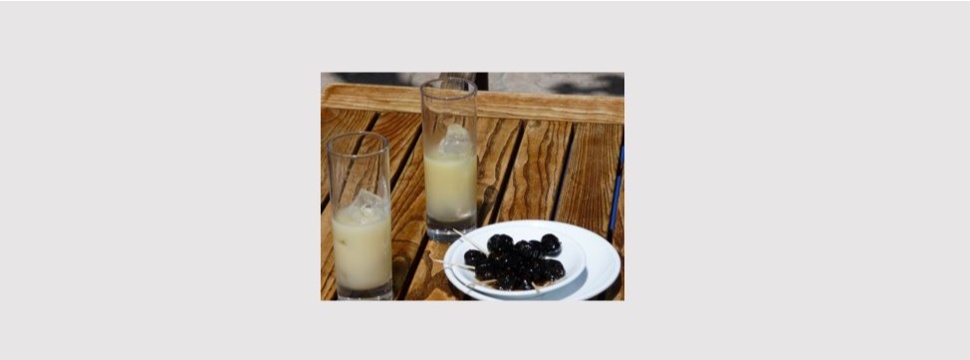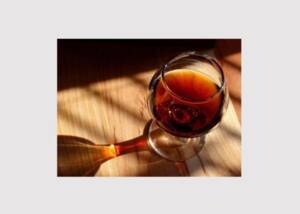Pastis - successor to the banned Absinthe
News News blog
Pastis is a spirit made from anise originating in France and typically contains 40 to 45 percent alcohol by volume. Today, star anise, which originates from China and Vietnam, is usually used instead of anise.

Pastis is considered a typical French spirit, which is especially common in the south of France. But in fact, it is actually a relatively young spirit.
In March 1915, the production, distribution and consumption of the thujone-containing herbal spirit absinthe, as well as similar spirits such as anise liqueurs, were banned. Thujones are in fact neurotoxins which, in higher doses, can cause confusion, epileptic convulsions, dizziness, hallucinations and delusions.
In Provence, farmers therefore secretly produced a substitute for the banned absinthe: pastis. It was not until 1922 that it was legally recognized in France that anise liqueurs, unlike absinthe, were harmless except for the alcohol and were thus once again permitted.
Pastis is traditionally drunk with (ice) water (5-6 parts water to one part Pastis). The dilution that occurs ensures that essential oils previously dissolved in the alcohol become insoluble. The color of the actually dark yellow to bronze-colored liquor thus turns into a rather milky white-yellow.










